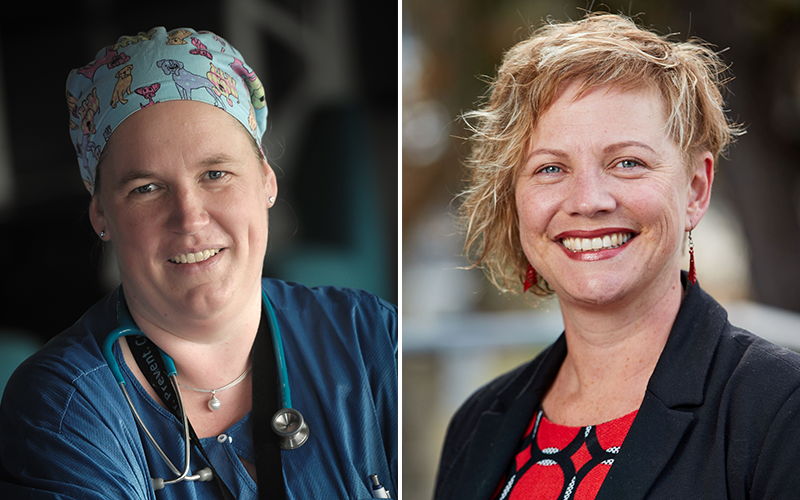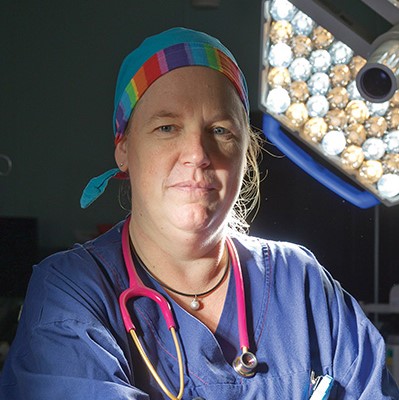Search

A leading paediatric anaesthetist and researcher focused on making anaesthesia safer and more comfortable for children has been named a 2022 Western Australian Young Tall Poppy.

The Perioperative Medicine team has developed a unique chewable tablet that gives the child the sensation of having a full stomach, without compromising their fasting regime.
The Australasian Society of Clinical Immunology and Allergy (ASCIA) Guideline: Infant Feeding for Food Allergy Prevention is an update of the 2016 ASCIA guideline. This updated guideline provides recommendations specifically in relation to infant feeding for food allergy prevention.
Behavioural sleep problems are common in children. The challenges with establishing and maintaining good sleep hygiene may prove challenging to overcome based on environmental issues such as the liberal availability of electronic media from a young age, permissive parenting, difficult family dynamics and limited parental/carer understanding of a child's sleep needs as they progress through childhood and adolescence.
Pain is a common experience associated with healthcare for children, who often recall it as the worst part of hospitalisation. Several factors make assessment of pain more challenging in children. Families have previously identified the development of improved tools to assess pain in children as a key priority. We therefore sough to investigate the nature of this experience from the perspective of children and their parents to inform the development of such tools.
Obstructive sleep apnoea (OSA) has been thought to increase the risk of respiratory depression from opioids. The primary aim of this study was to assess whether preoperative hypoxaemia by sleep study pulse oximetry imparts greater opioid sensitivity.
Processed electroencephalography (EEG) indices used to guide anesthetic dosing in adults are not validated in young infants. Raw EEG can be processed mathematically, yielding quantitative EEG parameters (qEEG). We hypothesized that machine learning combined with qEEG can accurately classify expired sevoflurane concentrations in young infants. Knowledge from this may contribute to development of future infant-specific EEG algorithms.
The current research landscape has become increasingly competitive with approximately 35% of submitted manuscripts accepted for publication by peer-review journals. It is known that studies with certain 'favourable characteristics' have an increased likelihood of acceptance for publication, such as prospective study design, multiple sites, and notable authors.
Critical Events in Anaesthetised Kids undergoing Tracheal Intubation (CRICKET) is a prospective, international multicentre observational study with the objective of capturing, assessing, and analysing critical events associated with tracheal intubation in children.
The administration of inhaled antibiotics to patients with upper or lower respiratory infections is sometimes conducted via a tracheostomy airway. However, precise dosing via this route remains uncertain, especially in spontaneously breathing paediatric patients.
